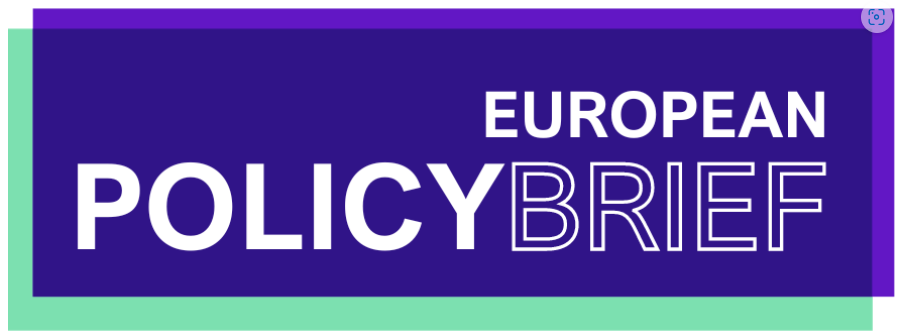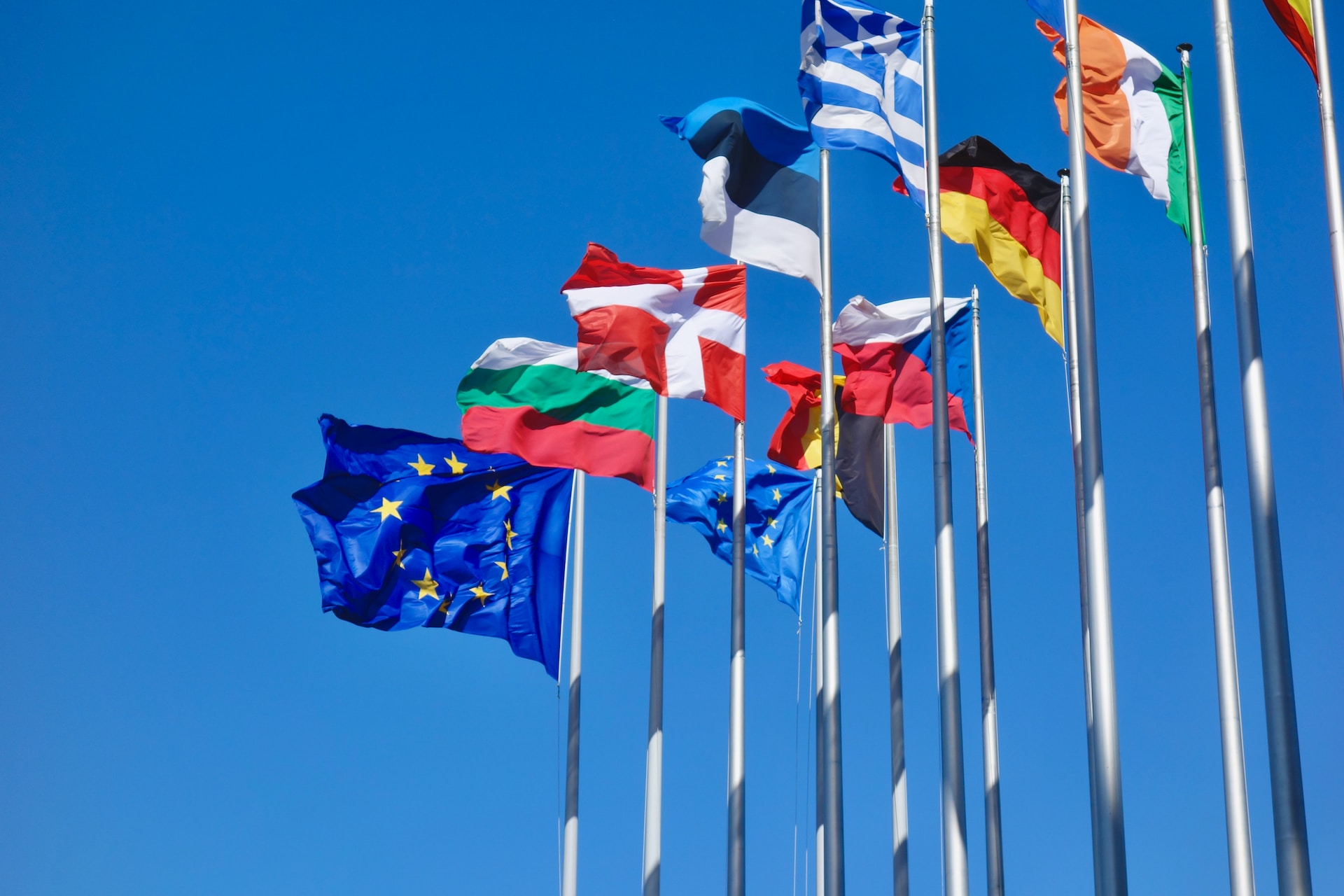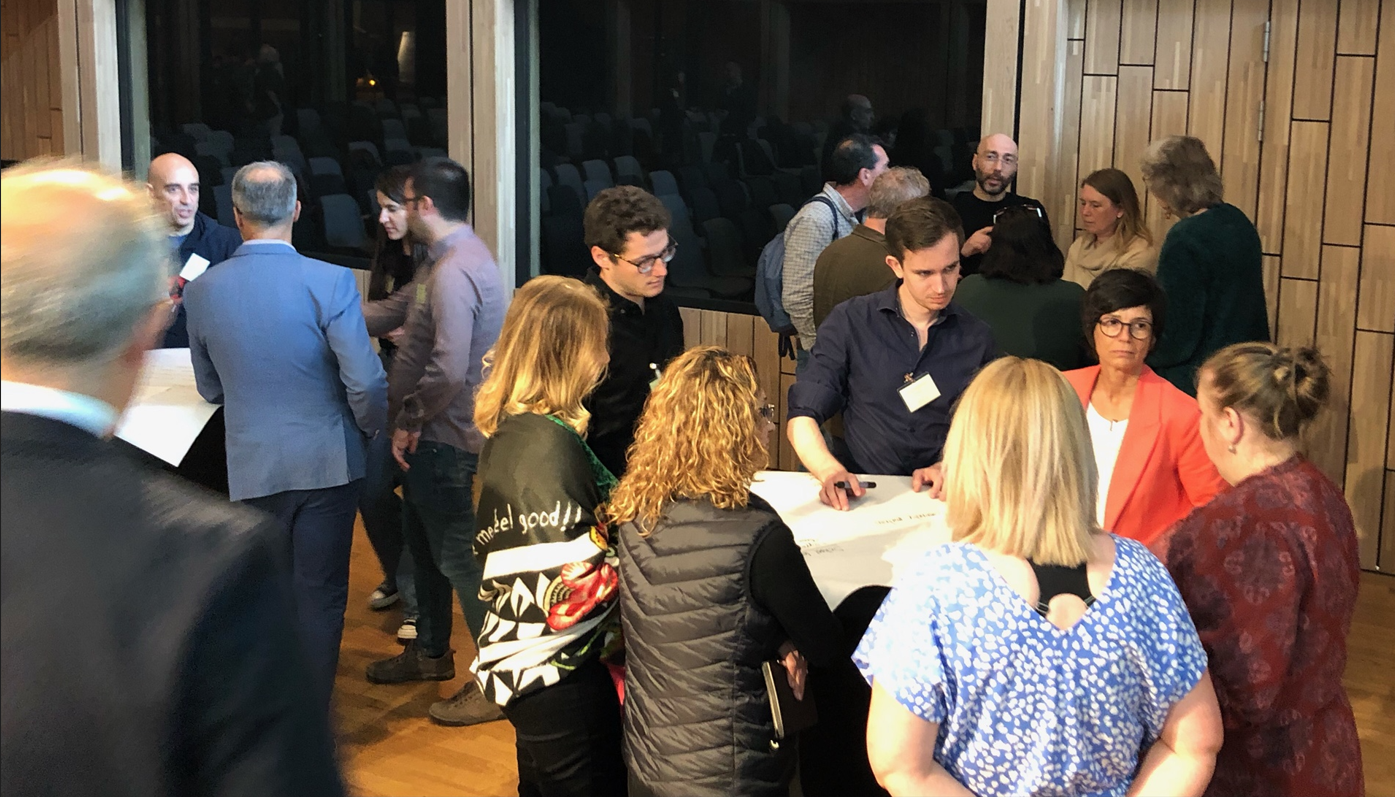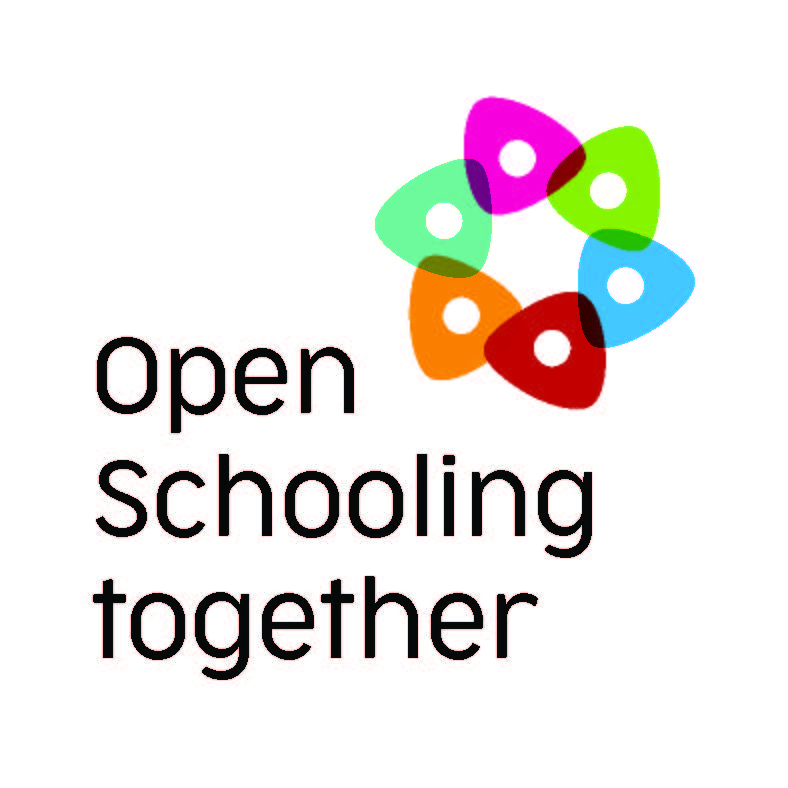Contribution of the MOST project with the aim of structurally anchoring open schooling.
Educational expectations are evolving at an unprecedented pace and the need for a new approach to learning has become essential. The release of a comprehensive Policy Report, based on insights and recommendations from over 12 EU-funded projects, marks a significant milestone in our journey towards modernising Europe’s educational landscape. The Report, shaped by experts, policymakers, and educators, delves into Open Schooling and its potential to contribute to an improved learning experience and greater engagement among young students.


Open Schooling is an innovative concept that goes beyond the boundaries of traditional classrooms. It envisions learning as a lifelong endeavour that extends beyond the school building and regular school hours. It integrates homes, museums, digital media to create an all-round learning ecosystem, aiming at facilitating a seamless flow of knowledge and experiences between traditionally unconnected spaces. Open Schooling provides an opportunity to make every space a learning space, making learning more engaging, relevant, and in-depth.
The Report acknowledges that, while Open Schooling is still a relatively new concept in education, it holds immense promise. It has the potential to make the ‘learning day’ extend beyond the confines of the traditional school system. Some of the key achievements highlighted in the Report include community well-being, teacher engagement, and learning gains.
Future Goals and Policy Implications
The Report outlines a roadmap for the future, recognising the challenges and opportunities ahead. It sketches the need for coordinated, multi-year, and multi-country efforts to establish this new educational ecosystem. These recommendations include:
- Support for Research: encouraging research that informs evidence-based policies to promote and scale up Open Schooling at the systemic level.
- Integration into Curriculum: integrating Open Schooling into the curriculum and aligning it with education standards to drive innovation in education.
- Recognition and Legitimacy: providing legitimacy and recognition for Open Schooling initiatives, with the allocation of resources and time for their evolution.
- Expanded Community of Practice: expanding the European Community of Practice of Open Schooling, with incentives for growth across sectors and countries.
- Stakeholder Engagement: fostering synergy between all stakeholders, including educators, students, parents, communities, researchers, entrepreneurs, and industry.
- Redefined Role of Teachers: redefining the role of teachers to go beyond traditional classroom instruction and assessment, making the profession more appealing to innovative teaching approaches.

Participants of the MOST Policy Seminar (ETE IV, Leiden, Netherlands, May 2023) discuss how to facilitate the introduction of Open Schooling in schools. Photo: ICSE

Expected Outcomes and Wider Impact
The Report envisions a future where Open Schooling continues to grow and thrive. Some expected outcomes include:
- Diverse and Inclusive Communities: local communities of Open Schooling will diversify, engaging representatives from various sectors and reaching low-income areas.
- Educational Transformation: ministries of education will embrace new approaches to classroom practice and integrate schools into community and business venues, aligning with the EU skills agenda.
- Increased Awareness: Open Schooling will become more visible to society, leading to a European Open Schooling Day or Week to showcase these innovations.
- Transition to Lifelong Learning: local authorities will adopt the approach, supporting schools to create frameworks for Lifelong Learning and providing spaces for sharing and collaboration.
- Global Leadership: Europe is poised to lead the transition from a school-centric learning model to omnipresent educational approaches.
In conclusion, the release of this policy Report signifies a turning point in European education. Open Schooling is not just a concept: it is a pathway towards fostering lifelong learning, promoting community well-being, and preparing students to be active, informed citizens. As Europe continues to navigate the challenges and opportunities of the 21st century, Open Schooling offers a compelling vision for the future of education.
